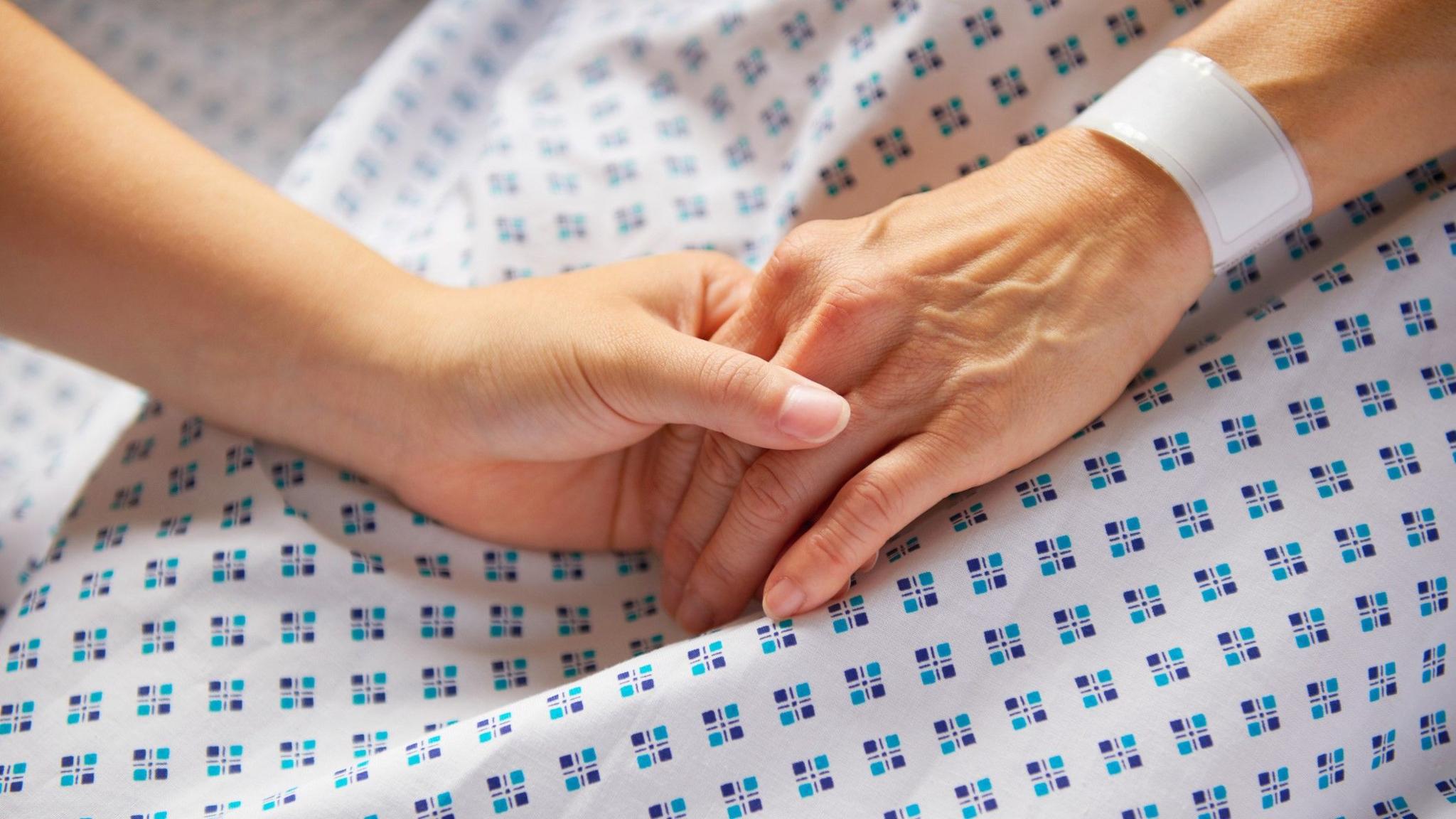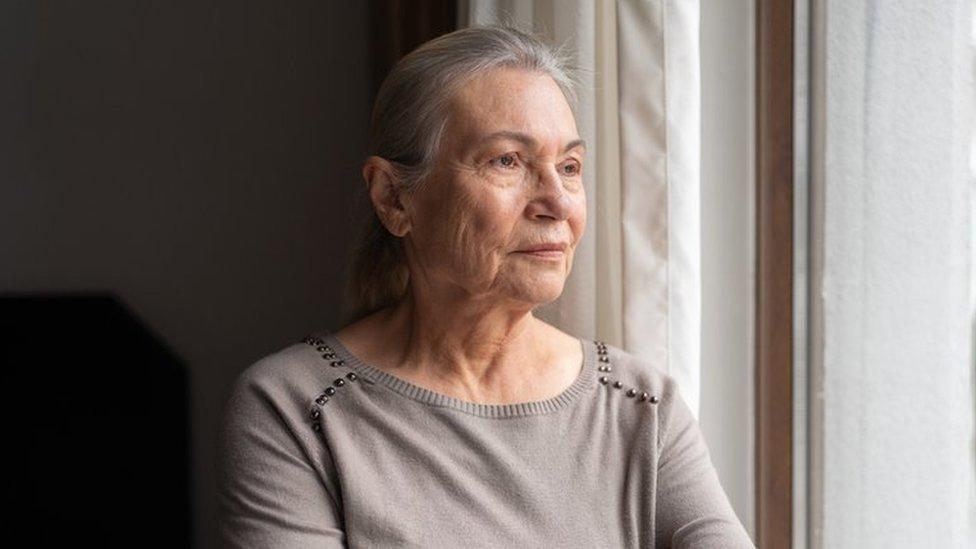Assisted dying: Wife begged nurse to 'end it'
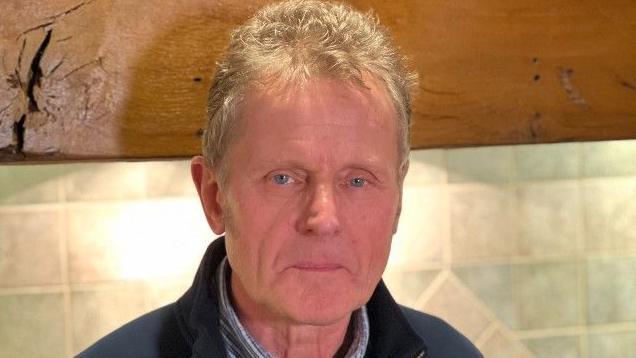
Warwick Jackson is in favour of legalising assisted dying
- Published
"There was nothing to be gained by Ann being alive in those last four days."
Struggling to breathe, Ann Jackson begged her palliative care nurse to end it for her, her husband Warwick Jackson, from Bridgnorth in Shropshire, said.
Mr Jackson said he would continue to campaign to legalise assisted dying, even if it is not backed by MPs in Friday's vote.
The issue is a complex and dividing one - campaigners for assisted dying welcome the plans, but critics have expressed serious concerns about the impact on vulnerable people and any possible future expansions of a would-be law.
Mrs Jackson was diagnosed with stage 4 peritoneal cancer, external in 2020. Her husband said she faced a slow and agonising death and that her palliative care could not prevent "slow suffocation".
Preparations were made for Ann to die at home, where Mr Jackson said she "begged" her palliative care nurse to "end it for her".
He said she "struggled for breath" in her final few days.
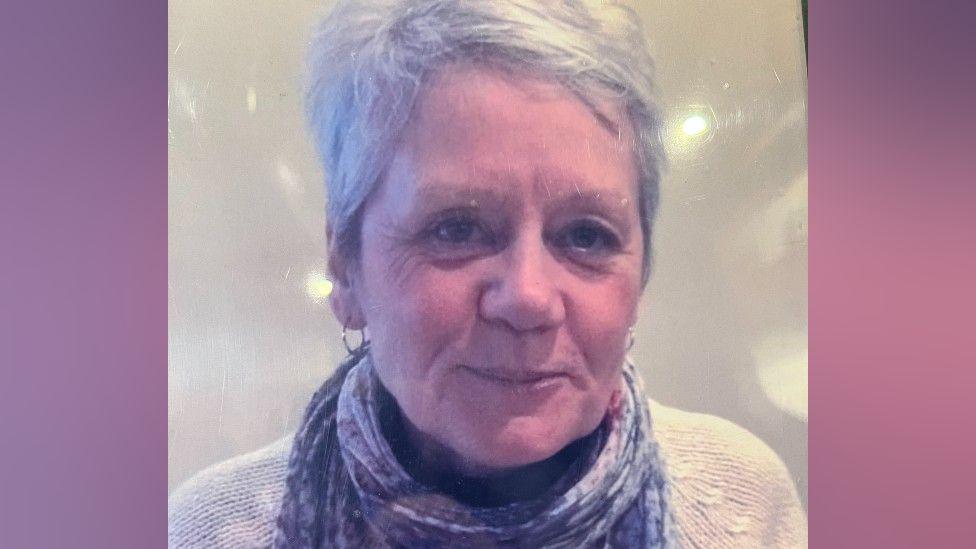
Ann Jackson died at home, after being diagnosed with stage 4 peritoneal cancer
"That stress and that knowledge that she knew how she was going to die, she was going to suffocate, that stress was on top of the stress of dying.
"There was nothing to be gained by Ann being alive in those last four days. She wanted to be out of it, and it was traumatic, because you can’t unsee things that you’ve seen."
Whatever the result of the vote, Mr Jackson said he had been encouraged by the conversation.
"A lot of people are now engaging and it's great that we’re now talking about this, it shouldn't be allowed to go on," he said.
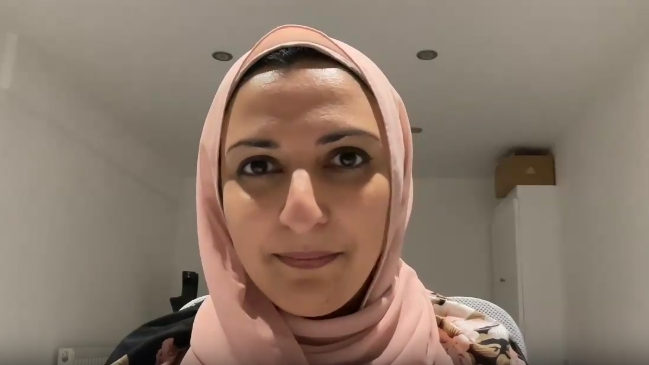
Dr Nadia Khan opposes the bill, over safety and coercion concerns
Dr Nadia Khan, a consultant in palliative medicine in the West Midlands, said she had concerns about coercion and safety.
"It is going to be near-on impossible to have a bill of this nature that will completely eradicate the risk for people to be coerced into assisted dying," she said.
"Coercion comes in many forms, it's not just by having someone saying externally to you that you must undertake assisted dying or any other decision.
"You'll have two doctors that are acting as safeguards, but the bill itself doesn't go into any detail about the type of training that is required."
Improvements needed to be made to the palliative care system, she said.
"People are essentially left with a Hobson's choice - either go for assisted dying or there's nothing really there to mitigate suffering in a systematic way.
"We need to make sure we've got equitable palliative and health and social care for all, before we could really say we’ve got an informed choice available for people."
What is the Terminally Ill Adults (End of Life) Bill?
MPs will debate and vote on the bill, which would give terminally ill people in England and Wales the right to choose to end their life, on Friday.
Under its terms anyone who wants to end their life must:
be over 18, live in England and Wales and have been registered with a GP for at least 12 months
have the mental capacity to make the choice and be deemed to have expressed a clear, settled and informed wish, free from coercion or pressure
be expected to die within six months
make two separate declarations, witnessed and signed, about their wish to die
satisfy two independent doctors they are eligible - with at least seven days between each assessment
A High Court judge would have to rule each time a person makes a request to end their life, and a patient would then wait 14 days before acting.
A doctor would prepare the substance being used to end the patient's life, but the person would take it themselves.
Get in touch
Tell us which stories we should cover in Shropshire
Follow BBC Shropshire on BBC Sounds, Facebook, external, X, external and Instagram, external.
Related topics
- Published26 November 2024

- Published4 October 2024
